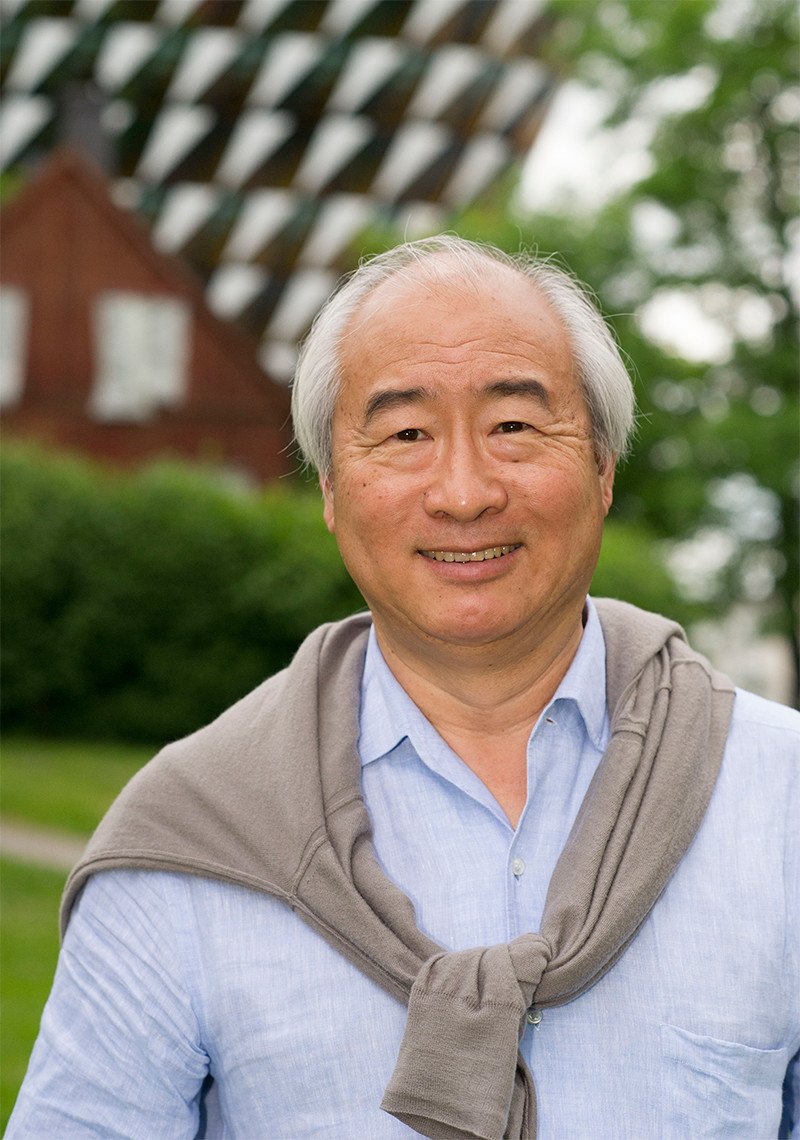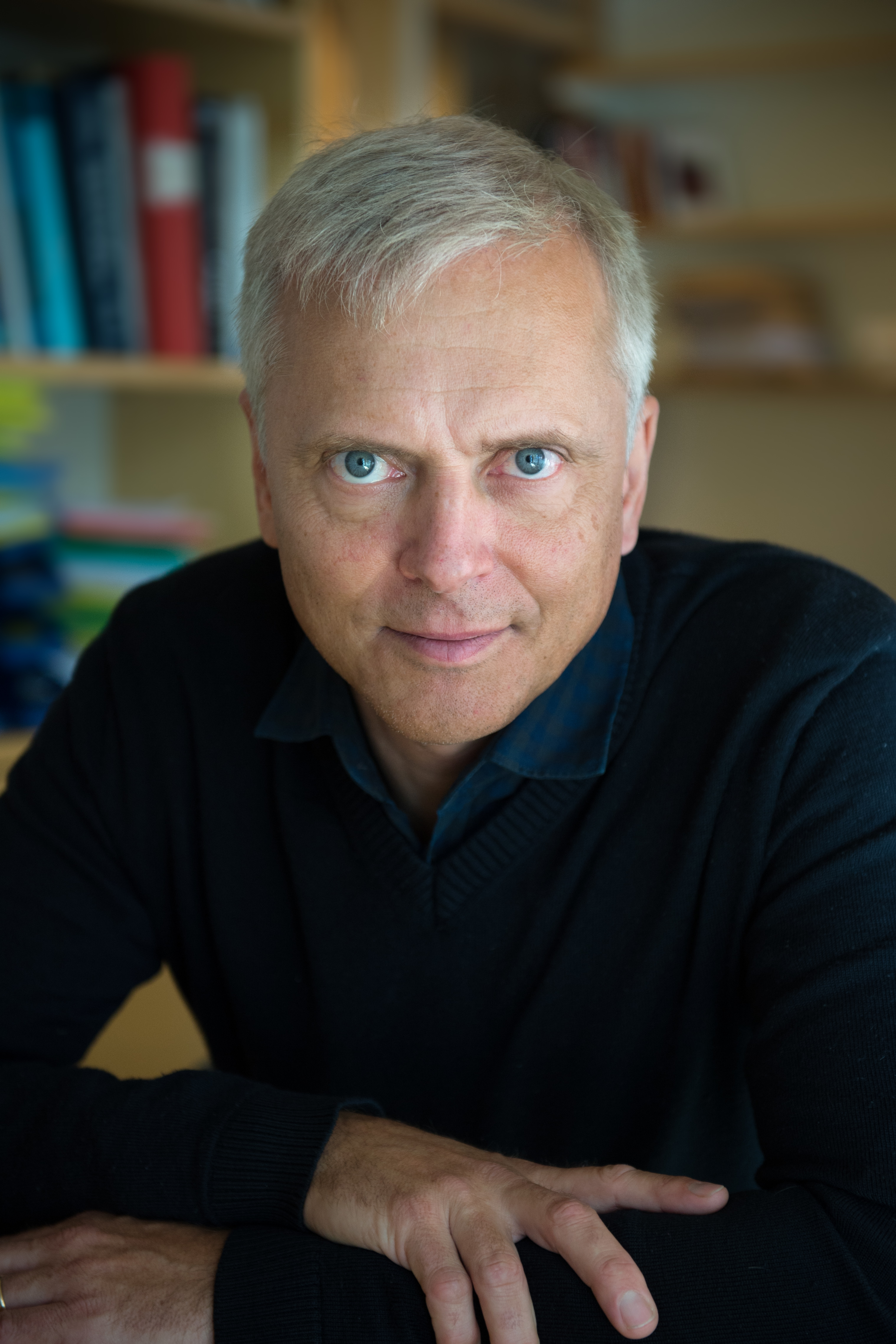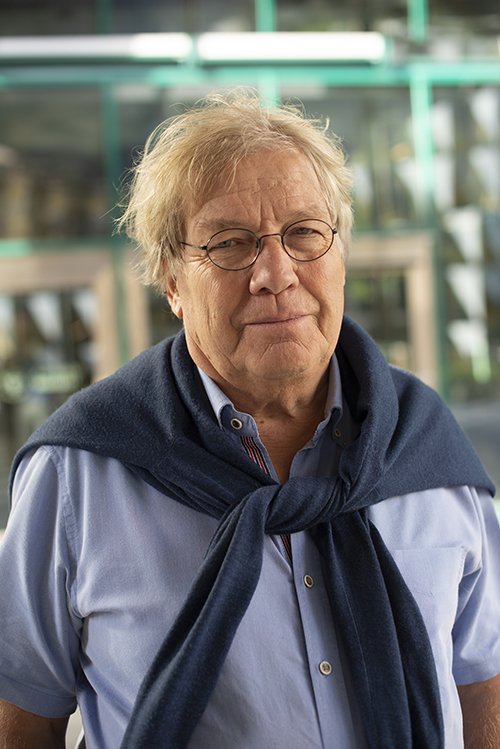ERC Advanced Grant to three researchers at Karolinska Institutet
Three researchers at Karolinska Institutet have been awarded the ERC Advanced Grant 2016 from the European Research Council. The three researchers who receive this prestigious award are Kenneth Chien, Patrik Ernfors, and Magnus Ingelman-Sundberg.

The ERC Advanced Grants are designed for established and world leading researchers who strive to pursue ground-breaking research with exceptional scientific ambition. The funding is up to 2.5 million Euros per grant and lasts up to five years.
Kenneth Chien
Principal Investigator: Kenneth R. Chien, MD, PhD, Professor of Cardiovascular Research, Department of Medicine, Huddinge, and Department of Cell and Molecular Biology.
Project name: 5D Heart Patch – A Functional, Mature In vivo Human Ventricular Muscle Patch for Cardiomyopathy.
Developing new therapeutic strategies for heart regeneration, after for example a heart attack, is a major goal for cardiac biology and medicine. While cardiomyocytes can be generated from human pluripotent stem cells in vitro, it has proven difficult to use this technique in large-scale for the treatment of damaged human hearts. In the project awarded by the ERC, Professor Kenneth Chien and his colleagues will try to solve this problem, capitalizing on the discovery of a human heart progenitor cell that can expand and self-assemble, and mature into a functional human heart ventricular muscle tissue patch on the surface of the beating heart.
Billions of these progenitor cells can be rapidly generated and purified from human embryonic stem cells, and can be functionally enhanced via the delivery of mRNA encoding cardiovascular growth factors into the patch in order to engineer human heart tissue for "self-repair" of injured hearts. This new knowledge will hopefully lead to new treatments for heart failure patients and also as an in vivo human heart model for cardiovascular disease in research.

Patrik Ernfors
Principal Investigator: Patrik Ernfors, Professor of Tissue Biology, Department of Medical Biochemistry and Biophysics.
Project name: PainCells – Decomposition of pain into celltypes.
Almost 20 percent of the population has an ongoing pain problem. Pain is caused by a complex interaction of different types of sensory neurons with different activation profile. In the present research project Professor Patrik Ernfors and his colleagues will first identify and classify sensory neuron types in rodent and primate by using single-cell RNA sequencing technique.
Based on this knowledge, they will develop new methods to encode and analyze in detail the types of cells that are active at different stages of pain signaling and in various types of pain. The different cell types will then be systematically turned off or activated to clarify their function in pain problems. The researchers will also examine a type of skin cells, terminal glial cells, and their role in initiating pain and ultimately cause pain problems.

Magnus Ingelman-Sundberg
Principal Investigator: Magnus Ingelman-Sundberg, PhD, Professor of Molecular Toxicology, Department of Physiology and Pharmacology.
Project name: HEPASPHER – Mimicking liver disease and regeneration in vitro for drug development and liver transplantation.
Non-alcoholic fatty liver disease (NAFLD) is the most common liver disease among adults, especially patients already suffering from type 2 diabetes, and is one prime cause for chronic and end-stage liver disease, such as cirrhosis and primary hepatocellular carcinoma. In the project now being funded by the ERC, Professor Magnus Ingelman-Sundberg and his research group will use a recently developed 3D spheroid system, functionally imitating human liver in vivo, to identify mechanisms of drug induced hepatotoxicity and investigate disease mechanisms and novel drug candidates for the treatment of NAFLD and liver fibrosis.
The researchers will also develop methods for regenerating healthy liver tissue in the lab for transplantation purposes, including genetic editing in cases of patients with genetically inherited liver diseases. This work will carried out in contact with the Hepatology unit at the Karolinska University Hospital, partly using resources at the SciLifeLab, both in Stockholm County, Sweden.
KI celebrating the ERC 10th anniversary
This year, the European Research Council celebrates its 10 year anniversary, since the founding in 2007 by the EU Commission to boost excellent research in Europe. On the 24th of April, KI will take part in the festivities by arranging a one day conference with lectures by some of our ERC funded researchers. More about the event in the KI Calendar ►
